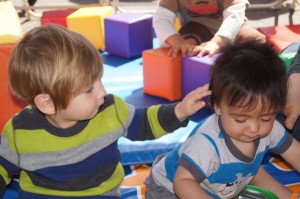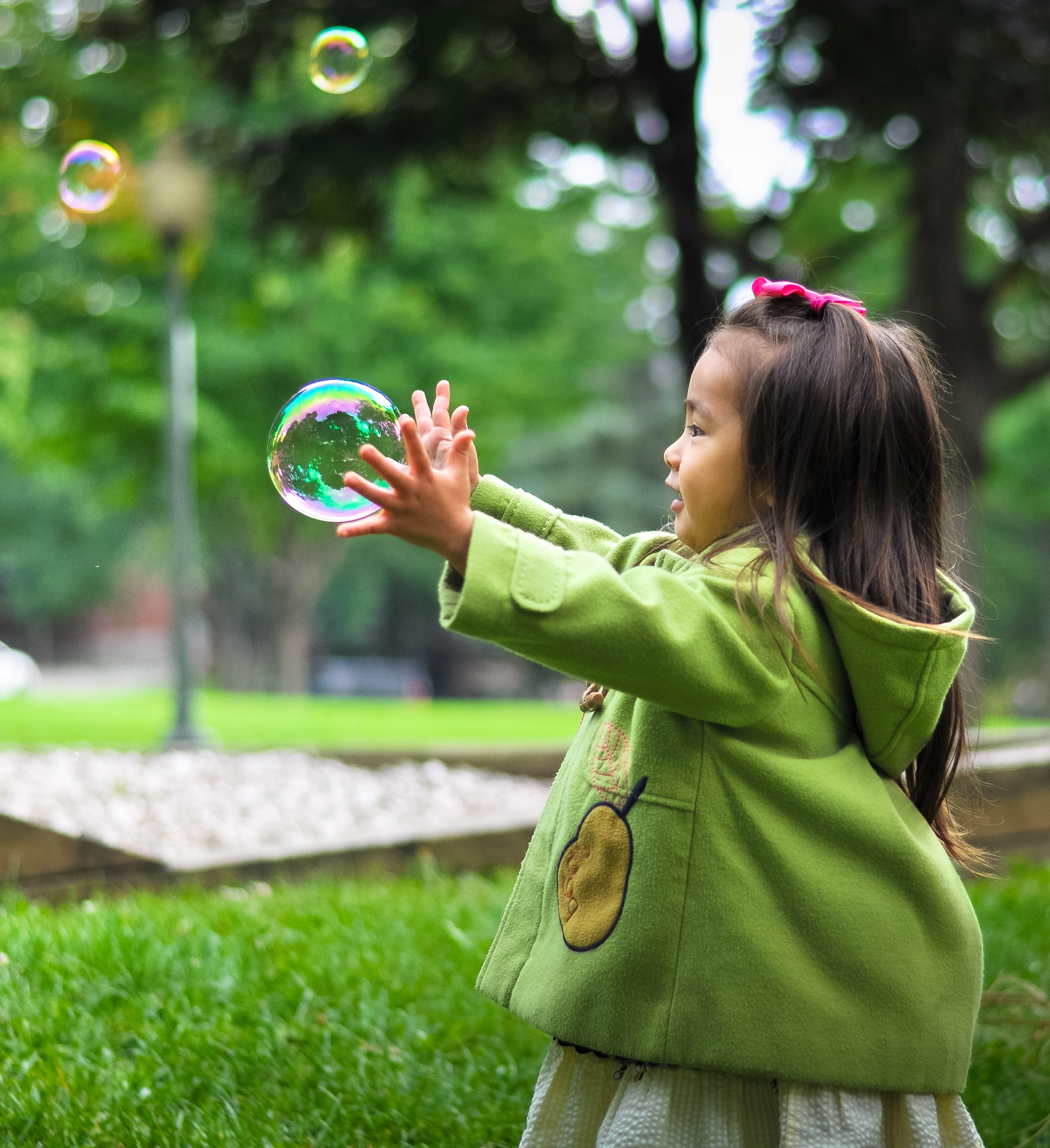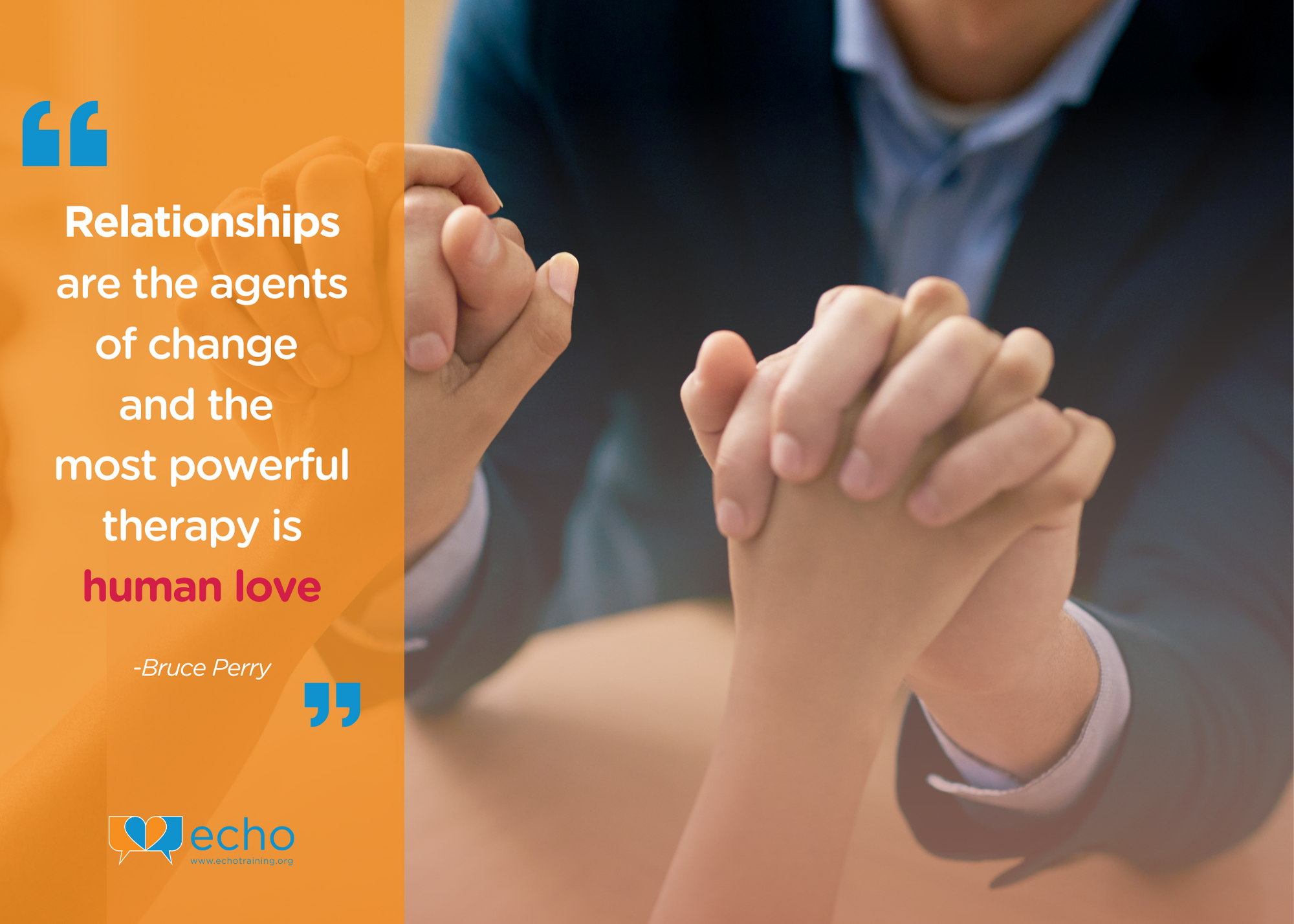by Louise Godbold, Executive Director
Most child-raising models use punishment and rewards to condition children into exhibiting the behaviors we want. This is called ‘socialization’. It is called ‘creating obedient children’, but it is rarely recognized as oppression and a potentially traumatizing experience for children.
How could we be doing something so fundamental and in ways that are so time-honored without realizing we are damaging our children?
Let us start with a definition of trauma. We experience trauma when there is a threat to our physical or emotional integrity and we are powerless to stop it. It leaves us with feelings of being overwhelmed and loss of control. This is the experience of many children when their parent takes a hand to them or uses cruel words, or a teacher shames them in front of the class.
You don’t believe me? Just look at the results from the Adverse Childhood Experiences Study. Along with the irrefutably harmful things, such as sexual abuse or a parent who is a substance abuser, the people in the study suffered later physical, mental and social problems from traumas such as frequently being called names, sworn at, humiliated, or shamed in their childhood.
If there were any doubt about how wrong we were about sticks and stones, the Trauma Center at the Justice Resource Institute Brookline has combed through masses of data on traumatized children and come to the conclusion that emotional abuse is on a par or even worse than sexual abuse from a non-family member or witnessing domestic violence.
 Echo Parenting & Education has long espoused a ‘trauma-informed’ approach to child-raising, one that is based on connection rather than compliance. We call it ‘nonviolent child-raising’ because in accordance with the tradition of nonviolence founded by Gandhi and championed by Martin Luther King, we respect the basic rights and dignity of any human being, including a child. That means their right to an upbringing that is free of oppression, of ‘power-over’ strategies that leave a child helpless and afraid.
Echo Parenting & Education has long espoused a ‘trauma-informed’ approach to child-raising, one that is based on connection rather than compliance. We call it ‘nonviolent child-raising’ because in accordance with the tradition of nonviolence founded by Gandhi and championed by Martin Luther King, we respect the basic rights and dignity of any human being, including a child. That means their right to an upbringing that is free of oppression, of ‘power-over’ strategies that leave a child helpless and afraid.
How does that work, people ask, imagining eternal negotiations with a two year old about bedtime, a class full of 30 children swinging from the rafters. If you’ve taken our classes and embraced the nonviolent approach to child-raising you’ll know that it’s not easy. It does require that you brush off your own childhood narrative and look at how your experience shaped you. It may have even required the reevaluation of a few sacred cows when it comes to the traditions of your family and your culture. And it means developing emotional intelligence on your part… and a lot, a lot of patience.
But the bottom line in all this is that you can’t argue with the neuroscience. Anything that interrupts that vital attachment between primary caregiver and child is going to set off the child’s survival response. When a child does not consistently experience a safe, stable nurturing relationship, he or she will not be able to figure out mommy is stressed or that daddy is depressed, his or her body will interpret this as a threat to their very existence and will immediately go into fight, flight or freeze response. If this happens often enough, brain development is impacted and the child is left with a legacy of trauma symptoms, which can mean anything from violence to self or others, the avoidance of close relationships or indiscriminate sexual relationships, feelings of unworthiness and self-hate or hubris and entitlement.
Does that sound like I’ve just described the gamut of human psychology? Many experts in the field of trauma are now suggesting that many mental health conditions and a plethora of non life-serving coping strategies can be explained by trauma.
Nonviolent child-raising calls into question some of the favorite tools we use as parents. For example, caregivers may not think that time outs are harming a child, but what if that child is experiencing the time out as rejection? What if the child has recently witnessed violence and needs reassurance? What if whatever behavior they are being punished for is actually an ‘acting out’ of their need to make sense of their feelings and the things they have seen? We see this in domestic violence shelters, we see this in schools. Too often, children are being punished for their attempts to communicate distress.
But back to the average parent of the average child and you’re just wanting to stop little Johnny from hitting little Manny. We are not suggesting that a time out will harm Johnny for life, but we do want parents to think about the underlying need beneath the behavior. If Johnny is wanting to play with Manny’s cool toy that is not bad or wrong. What if we could teach Johnny another strategy to meet his need? What if we could develop a little emotional intelligence into the bargain? Some good ways for Johnny to ask for what he wants? Some understanding of the give and take of social relationships. And what if this was done in a way that Johnny felt safe and loved and not that he is ‘a bad boy’ who has to sit on the naughty stair.
From the excruciating stories to child abuse and neglect, to the little every day interactions that build the skills and self-worth of a child, we can do better. We have the science and we have the nonviolent techniques. It may seem crazy to question a tradition of parenting that most of us were raised in and many believe to be harmless, but just look at what it is doing to us, to our society. Wouldn’t you like the next generation to grow up without fear of being shamed or the fear of violence? To own their emotions and their mistakes? To understand that we all deserve respect and could do with a little empathy?
There is growing awareness about the impact of childhood trauma. Next week, Diana and I have been invited to travel to San Francisco for the State’s largest-ever conference on the subject, where health, education and juvenile justice leaders from across the State are coming together to share strategies for addressing this important issue.
It starts with the way we raise children. It has to.
2 Comments
-
I like your article Louise. It is kind of all a befuddlment to me in the heart of school paradigms and two childhoods raising one new one. Present and past all getting beaten up together. Glad you are doing the work out in the world, and that you have shared your insights with me. and Us.
IC
-
Thank you ! I love the newsletters, they always come just when I need them – love me some echo parenting !
Thanks again



